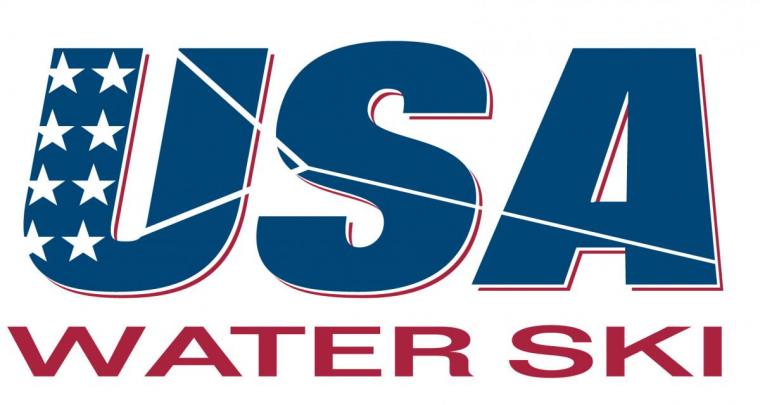

USA Water Ski is the national governing body of organized water skiing in the United States. USA Water Ski is a member of the International Waterski & Wakeboard Federation (world governing body), the Pan American Sports Organization and the United States Olympic Committee. Affiliated with USA Water Ski as sport discipline organizations are the American Water Ski Association (AWSA), American Barefoot Club (ABC), American Kneeboard Association (AKA), National Collegiate Water Ski Association (NCWSA), National Show Ski Association (NSSA), National Water Ski Racing Association (NWSRA), United States Hydrofoil Association (USHA), USA Wakeboard (USA-WB) and Water Skiers with Disabilities Association (WSDA).
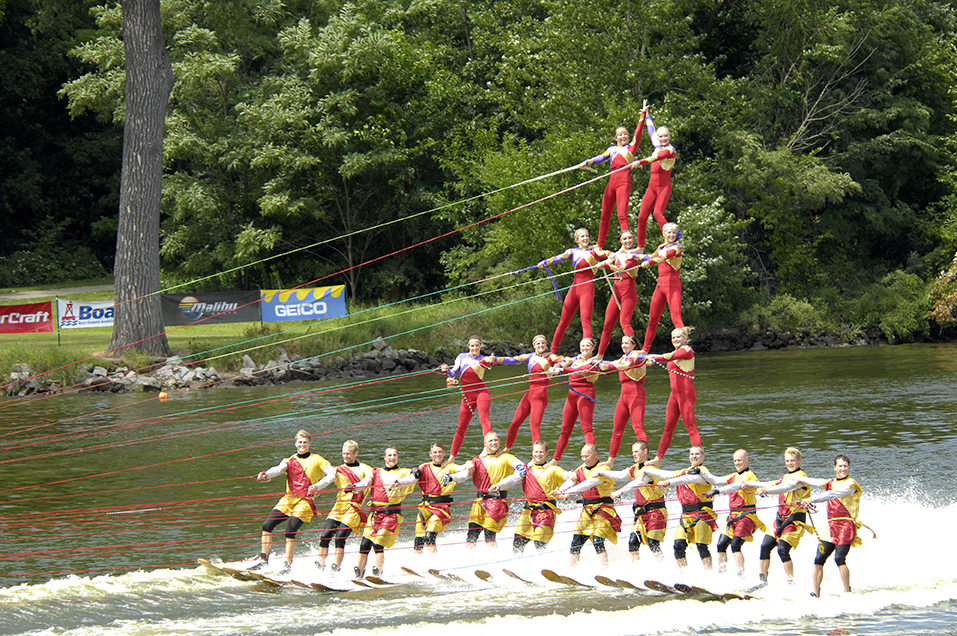 Sports Destination Management: USA Water Ski has a lot going on under one umbrella. Is there one overall initiative to grow membership or convince people to try the sport?
Sports Destination Management: USA Water Ski has a lot going on under one umbrella. Is there one overall initiative to grow membership or convince people to try the sport?
Bob Crowley: Within the nine different divisions, there are different levels of development and different programs. In general, people who water ski are really passionate about the sport itself. If they’re in a cold-weather area, they’re just chomping at the bit all winter long for the ice to melt. There are events, too, such as the Wisconsin Water Ski Expo, where people go to get ready for the next show season. Of course, the ski show teams are already working in the gyms, building pyramids and training.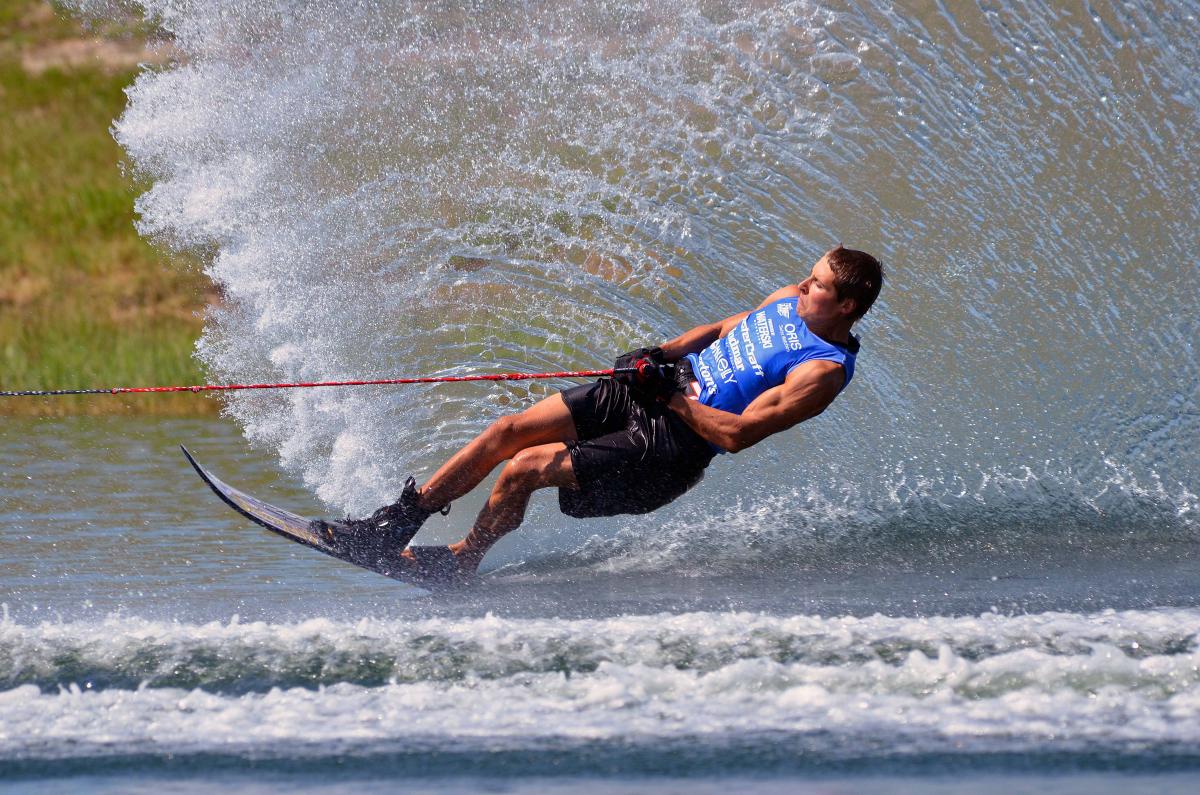
SDM: What do local water ski clubs and organizations do to raise awareness of the sport?
Crowley: One of the things we see is clubs offering shows in their communities all around the country. The beauty of those shows is that they’ll feature all disciplines of the sport: wakeboarding, show skiing, barefooting, everything. It really sparks interest in the sport at all levels. Additionally, our sport discipline offer Basic Skills clinics and we are testing a pilot program this summer where we will work through a boat dealership to spur interest. But bigger picture, we are embracing the “Life on the Water” tag line and theme. We are all about families, camaraderie, friends and the life on the water lifestyle.
SDM: Is there a specific demographic in the sport? Do most water ski athletes tend to be of a certain age or gender?
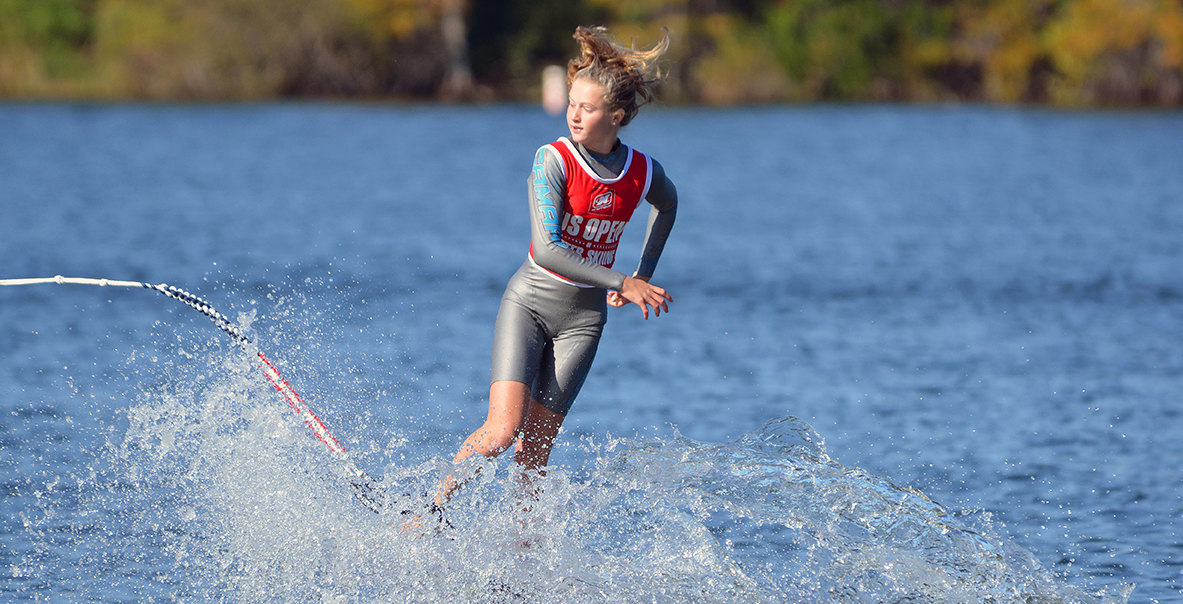 Crowley: The neatest thing about the sport – and you’ll see this in the shows – is that it is all genders and all ages. You see a lot of families -- there will be grandparents in their fifties and sixties performing in the shows, parents and children of nine and 10 as well. People spend a lot of time preparing for shows, but they love it – it is a very healthy environment. The people in the family who don’t ski will get involved in organizing, in promotions, in making costumes, etc.
Crowley: The neatest thing about the sport – and you’ll see this in the shows – is that it is all genders and all ages. You see a lot of families -- there will be grandparents in their fifties and sixties performing in the shows, parents and children of nine and 10 as well. People spend a lot of time preparing for shows, but they love it – it is a very healthy environment. The people in the family who don’t ski will get involved in organizing, in promotions, in making costumes, etc.
SDM: Does USA Water Ski also sanction competitive events?
Crowley: USA Water Ski sanctions over 600 tournaments per year and also sanction thousands of shows, exhibitions and practices, not to mention the hundreds of Basic Skills clinics. The sport is very competitive. We have our Division 1 Show Ski National Championships every year; this year, those will be in Rockford, Illinois, in August. In 2014, we hosted the World Show Ski Tournament in Janesville, Wisconsin. These are events where you’ll see some of the finest show skiers in the world. Last year, we had bleacher seating for 6,000 and everything was filled. People really love this sport. The teams who attend and compete will bring family, friends and fans and it becomes a real festival. We expect big crowds in Rockford this year as well. The Water Ski Nationals attract over 600 elite level athletes and that event will be held in West Palm Beach, Florida, at Lake Okeeheelee Park. 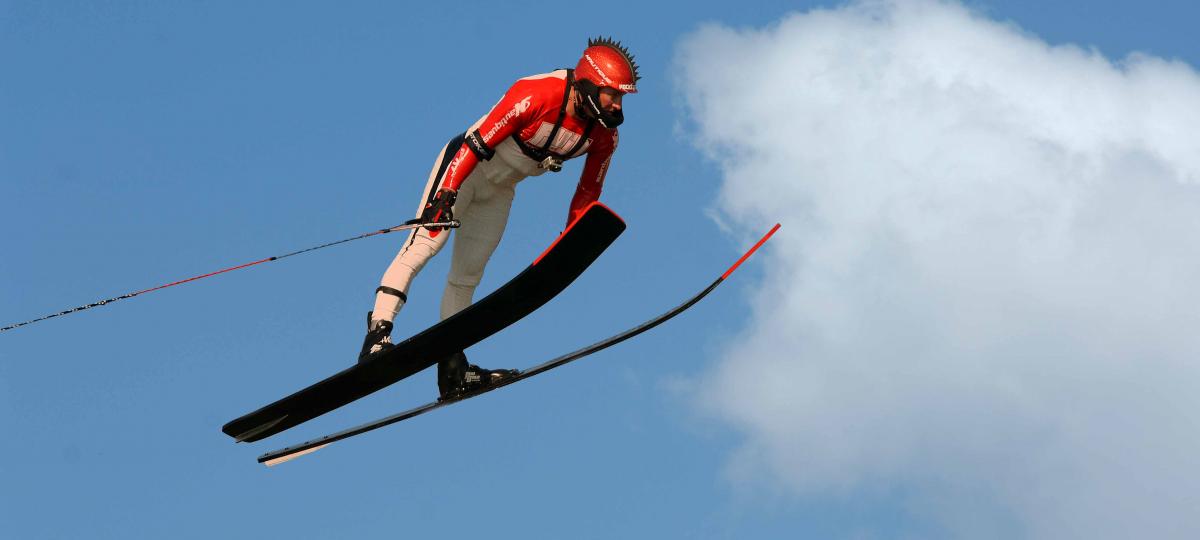 Each of our other sports disciplines also conducts a national championship and our U.S. Disabled Association will be hosting the 2015 World Disabled Water Ski Championships in California in September.
Each of our other sports disciplines also conducts a national championship and our U.S. Disabled Association will be hosting the 2015 World Disabled Water Ski Championships in California in September.
SDM: What does USA Water Ski look for when selecting a city to host its events? Obviously, there has to be a body of water in the correct size.
Crowley: When we look at the venue for show skiing, we’re looking not just the size of the facility but the amount of seating available, since these events do draw a lot of people. For traditional three-event water skiing, we would like to have at least two lakes that are set up with slalom courses and a jump ramp. We will have five lakes available for our three-event water ski nationals in 2015, for example, and will offer practice runs between the various levels of competition. The lakes are busy from sunrise to sunset. In addition, and this is so important, we look for a strong local organizing committee, meaning a club that is willing to help organize and manage major events such as these.
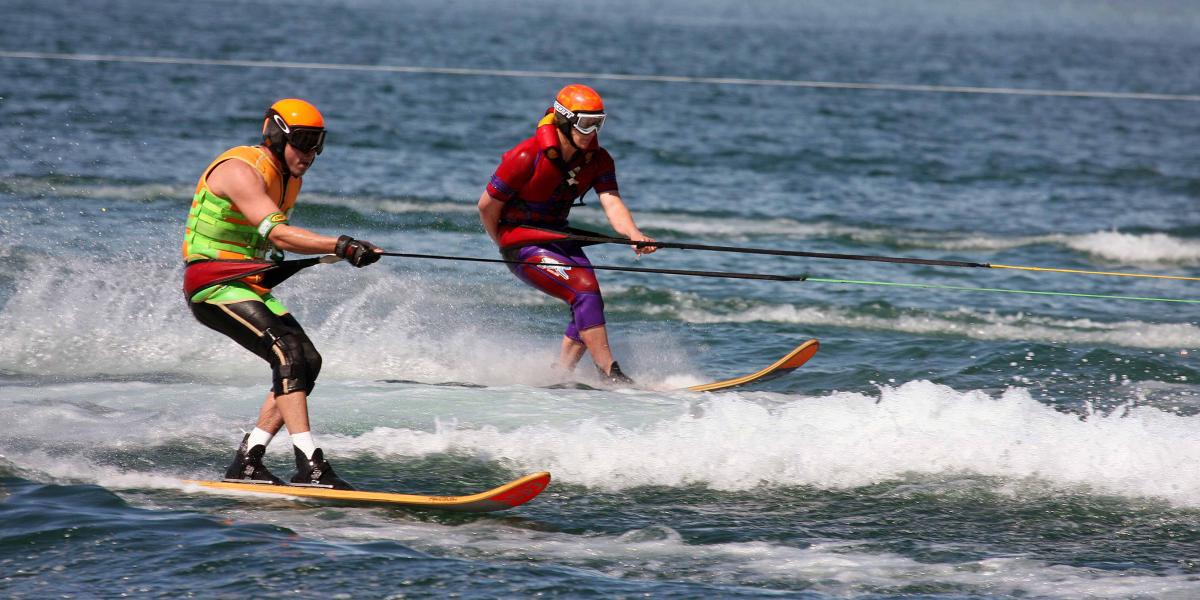 SDM: Is the U.S. the recognized leader in water ski?
SDM: Is the U.S. the recognized leader in water ski?
Crowley: Yes, on the world level, USA really leads the way in show skiing. Our people have been training other teams all over the world as well, and that’s really fun to see. We also lead worldwide in traditional water ski competition, and a number of international athletes come to Florida in order to train year-round. Other countries that seem to consistently produce high level athletes include Australia, Canada and a number of European countries.
SDM: Cable parks are growing in popularity. Are they an American phenomenon?
Crowley: There are a number of cable parks in the U.S., and we’re hearing about more going in all the time – but actually, cable parks were invented in Germany. There are over 100 cable parks in that country, and they are really well developed in other European countries. They make it easier for people to get out and be towed around a lake. Cable wakeboarding is a part of the sport that is growing worldwide, and in fact, cable wakeboarding was one of the finalists that was considered as a new Olympic sport for 2020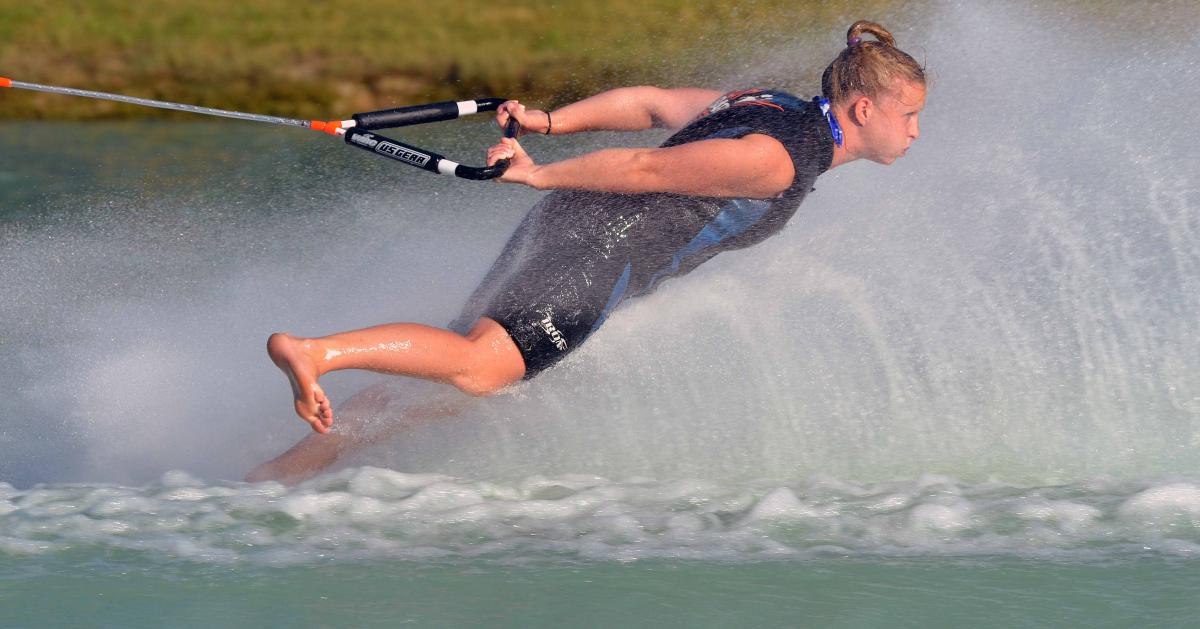 .
.
SDM: Do you think the sport has a good shot for future Olympics?
Crowley: Yes, we do. It does seem like the IOC is willing to look at different sports, sports that fit with today’s culture. We feel our sport really does fit into that new culture.

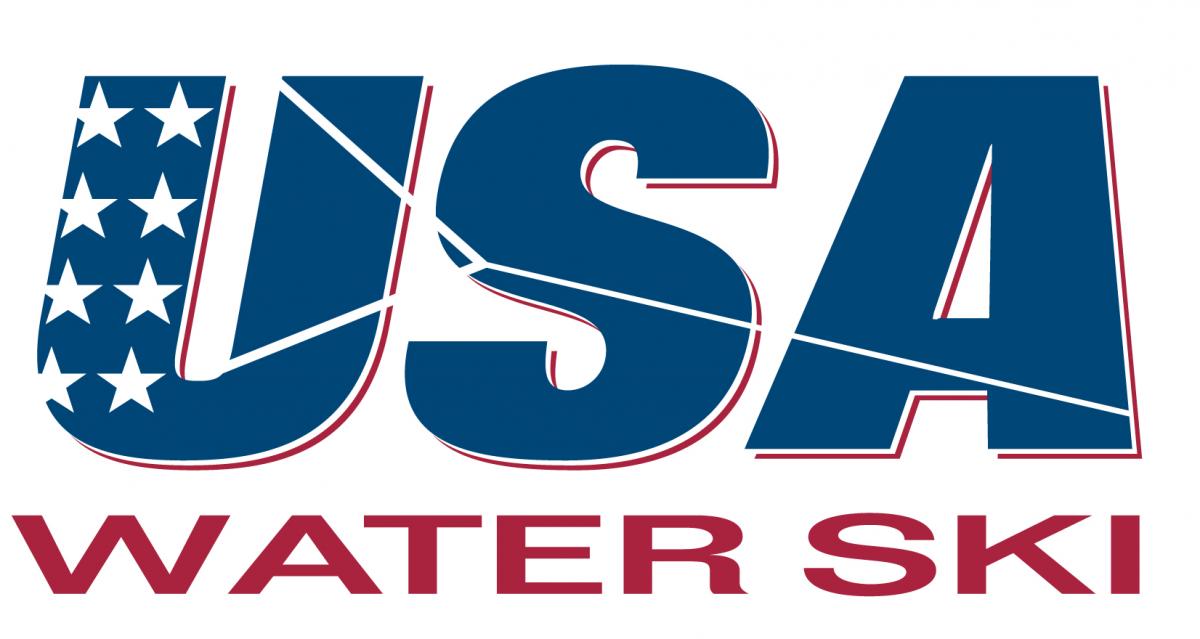 www.usawaterski.org
www.usawaterski.org